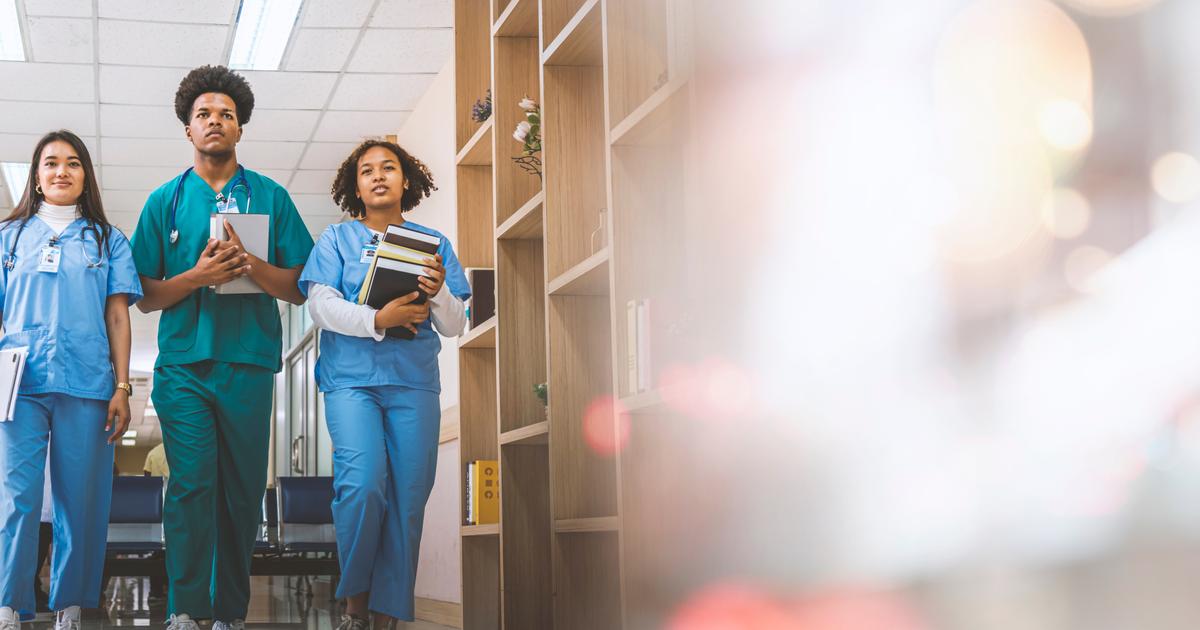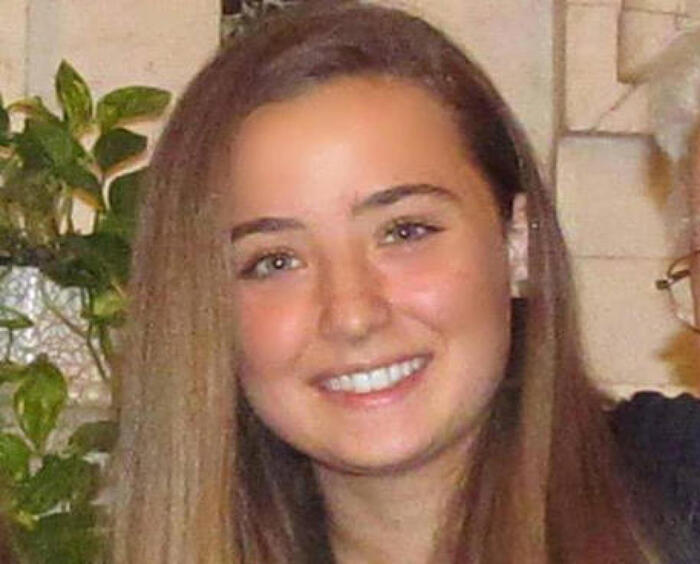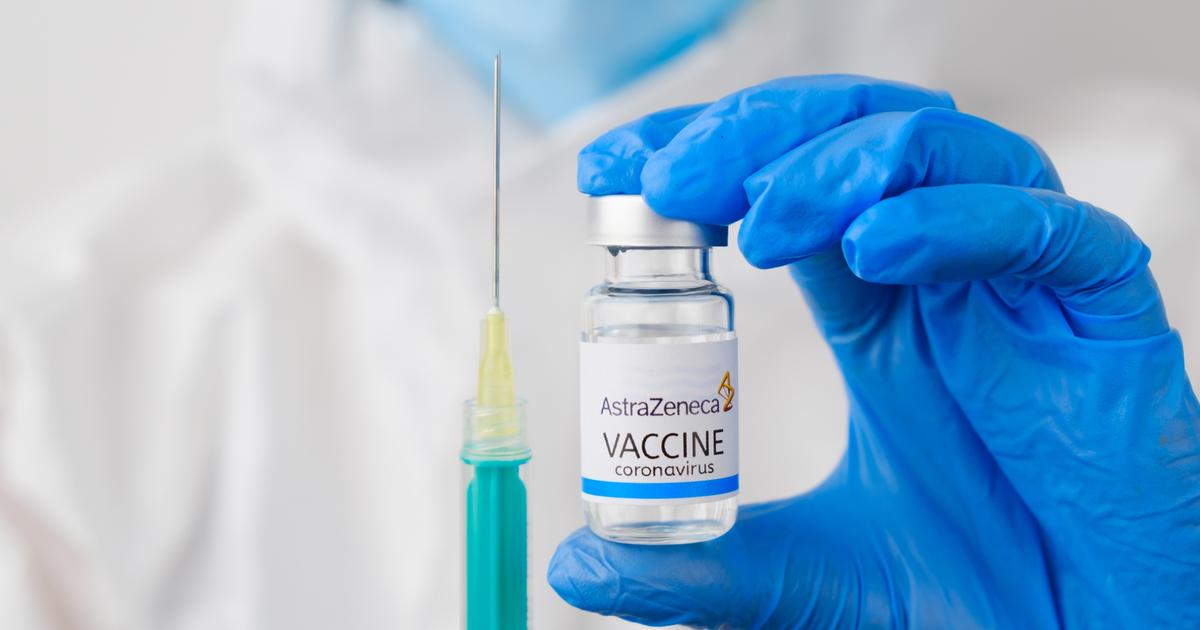The World Health Organization announced on Monday that it had granted emergency approval for AstraZeneca's anti-Covid vaccine.
This opens the way for the distribution of hundreds of millions of doses to disadvantaged countries hitherto deprived of immunization.
"At least 130 countries, which have 2.5 billion people, have not injected a single vaccine," lamented WHO boss Tedros Adhanom Ghebreyesus last week.
This is due to limited production capacities, but also and above all to the lack of international cooperation, symbolized by the rise of bilateral contracts and what is called "vaccine nationalism".
AstraZeneca's product therefore represents the major part of the vaccine portfolio available to the UN Covax mechanism.
Led by the World Health Organization (WHO), the Vaccine Alliance (Gavi) and the Coalition for Innovations in Epidemic Preparedness (Cepi), this system intends to distribute in the first half of the year nearly 337.2 million vaccine doses.
And over two billion by the end of the year.
READ ALSO>
Vaccines and poor countries: investigation of Covax and the “somewhat naive” dream of the WHO
These doses for Covax are manufactured in South Korea and India by the Serum Institute of India (SII).
The approval concerns these two versions, according to a press release from the UN agency.
Last week, the vaccine was already recommended by the WHO vaccine expert committee for anyone 18 years of age or older, including in countries where more contagious variants are circulating.
Doubts about the effectiveness of the product ... and debates on intellectual property
However, the vaccine developed by the University of Oxford (United Kingdom) and the pharmaceutical giant has experienced setbacks and doubts about its effectiveness for those over 65 and in the face of the variant of the virus that gives Covid-19, initially detected in South Africa but now present in many countries.
For the WHO and its experts, this vaccine does the job perfectly for the priority of the moment: to limit the severity and mortality of a pandemic that has claimed the lives of 2.4 million people in just over one year.
The AstraZeneca vaccine has the enormous advantage of being inexpensive and being able to be stored with conventional refrigeration means.
A strong argument especially in the 92 disadvantaged countries and territories, which will receive it free of charge through Covax.
Morning essentials newsletter
A tour of the news to start the day
Subscribe to the newsletterAll newsletters
The international community is currently tearing itself apart over another issue: the intellectual property of vaccines.
Rich countries, including France, refuse to temporarily lift rights on technologies.
A request made to the UN by many countries including South Africa and India.
READ ALSO>
Covid-19: will the Cuban vaccine be more “united” than the others?
This Monday, the Observatory for transparency in drug policies once again deplored this choice of the French government.
France must now support with all its weight the proposals of developing countries at the WTO […] Otherwise, the declarations of Emmanuel Macron and Jean-Yves Le Drian, on vaccines as
common goods
, will not remain. what sad provocations ”, declared the association in a press release.














